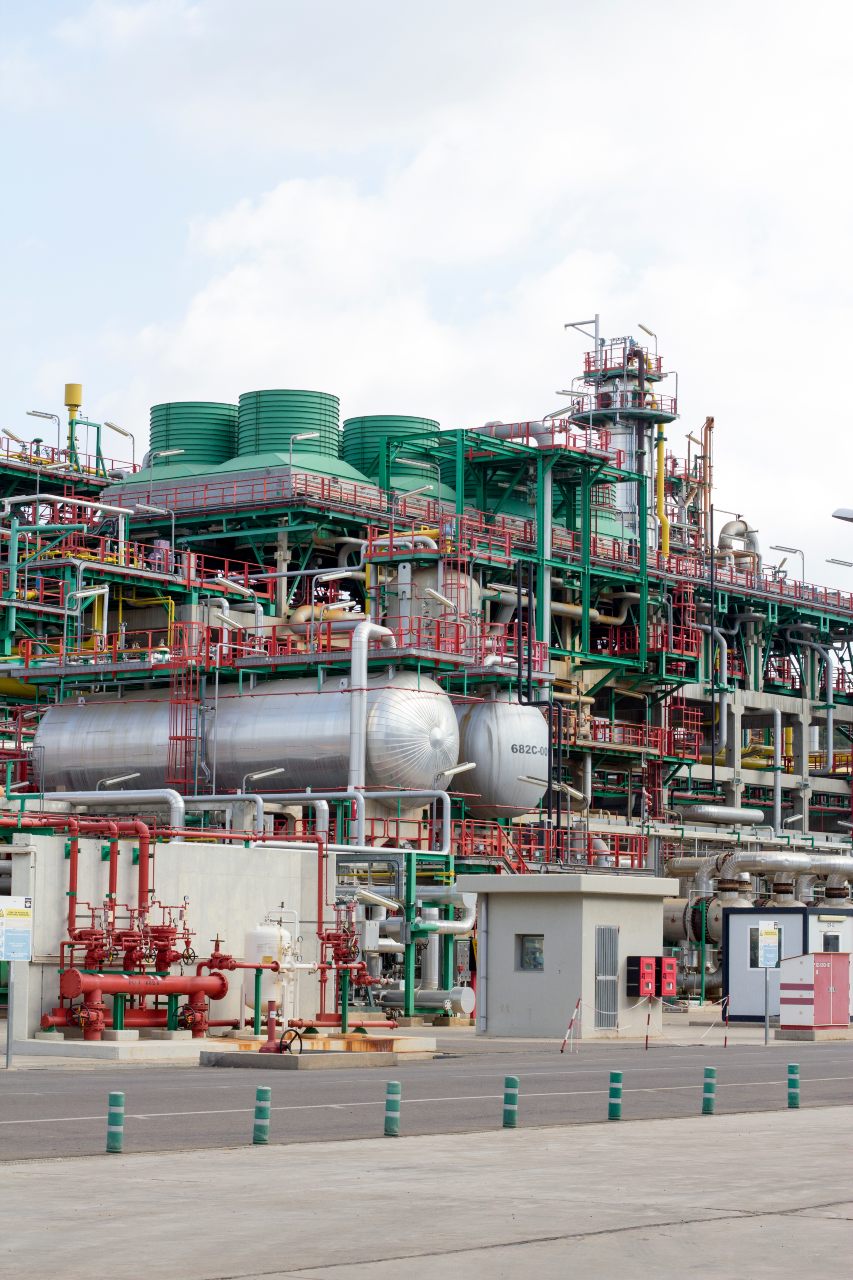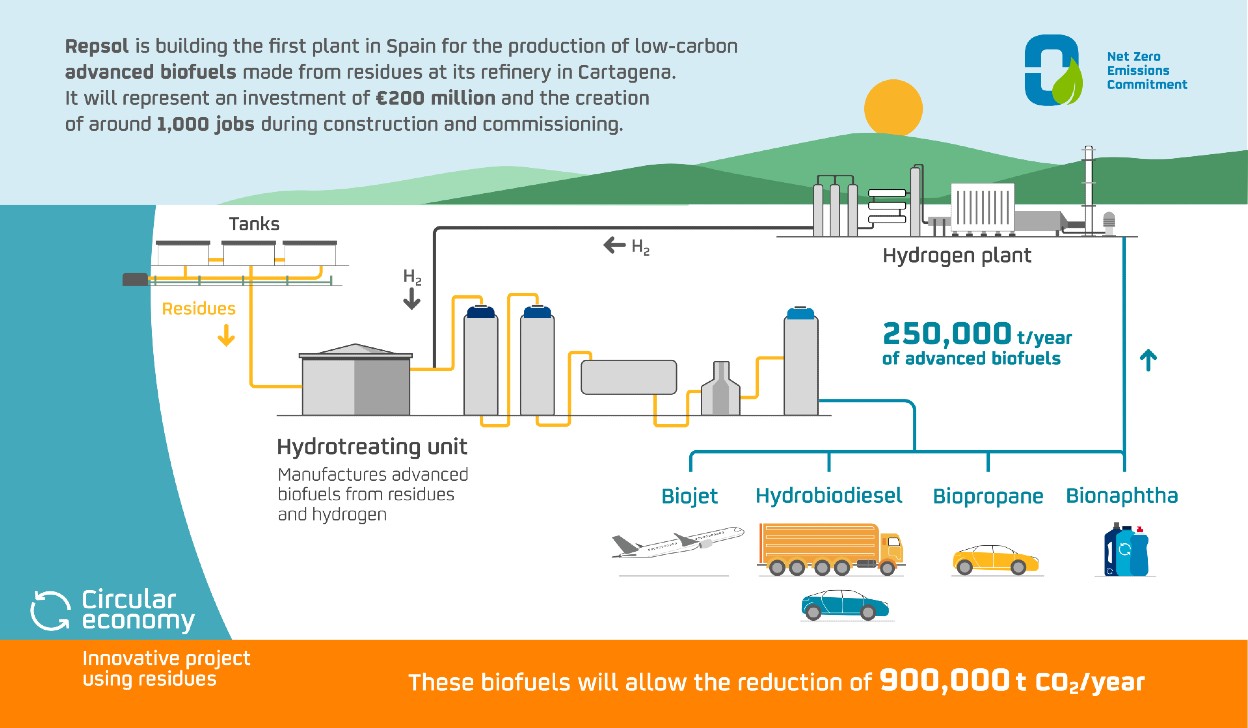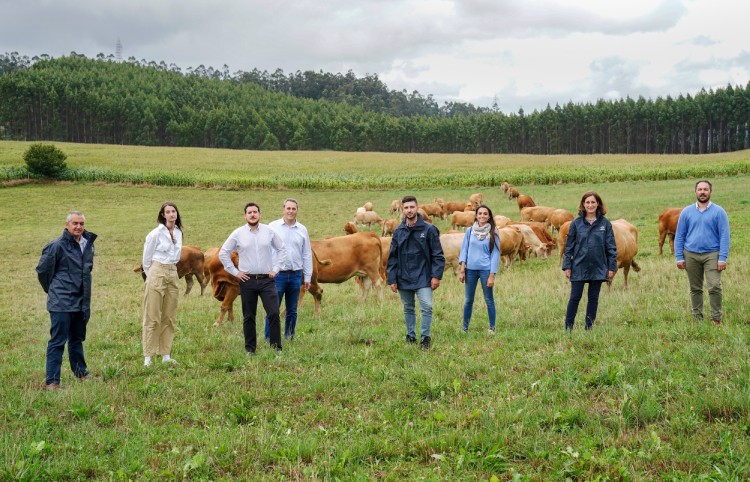Renewable fuels from waste
At Repsol, we have been manufacturing and marketing biofuels for years. To do this, we use various raw materials, like vegetable oil waste, used cooking oil, biomass, and wine-based alcohols from waste in the wine industry. The use of these raw materials allows us to significantly reduce CO2 emissions compared to the traditional fuels they replace. Used cooking oil, for example, reduces emissions by 85-90%.
Our plant in figures
€200 M+
investment in Cartagena
1,000
professionalsduring construction and startup
900,000
t of CO2/year
in emissions reduction, thanks to the use of recycled raw materials
2023
as the anticipated start of production

























